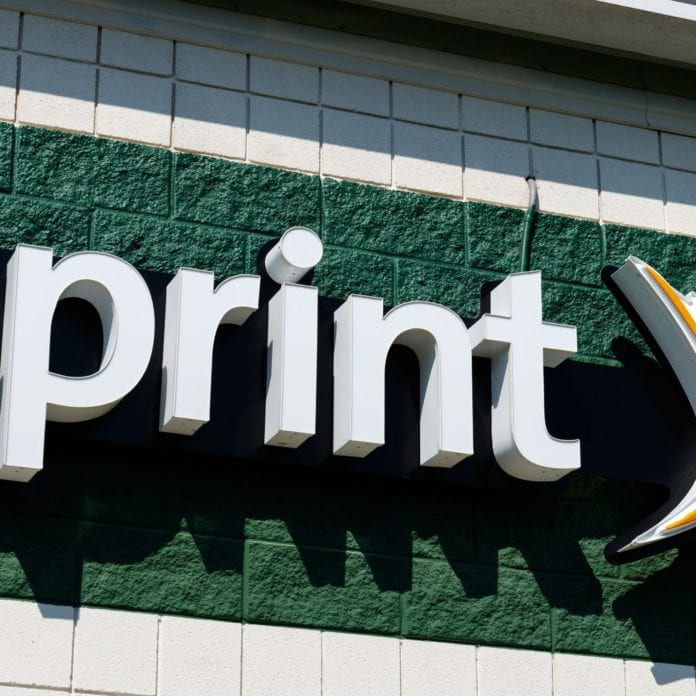Sprint “optimistic” merger with T-Mobile US will clear regulatory review
Sprint invested some $5 billion into its network in fiscal year 2018, according to company executives, which marks a significant increase over 2016 and 2017 capex of $2 billion and $3.3 billion respectively. But, despite network improvements, the carrier continues to lose money posting a full-year net loss of $1.9 billion.
Sprint is seeking regulatory approval for a $26 billion merger with T-Mobile US, which both carriers have characterized as key to creating a strong competitor to Verizon and AT&T, as well as integral to the country’s 5G deployment ambitions.
In an earnings call this week, CEO Michel Combes said he “remain[s] optimistic that the government will see the compelling arguments in support of our merger. If the merger doesn’t go forward, we expect to continue to make improvements to the business, including our next-gen network deployments,” but it will require leaders to “reposition the company.”
He continued: “We will have to reduce, of course, our promotional activities,” if regulators don’t give the go-ahead. “We’ll have to narrow our geographic focus. We will be less of a nationwide competitor.”
On the network front, Sprint has deployed its 2.5 GHz spectrum on 80% of its macro sites and now has 30,000 outdoor small cells on air–a significant increase from the 5,000 deployed a year ago. There are now 1,500 massive MIMO sites on-air.
CTO John Saw said massive MIMO will support the launch of mobile 5G services in nine markets this year. “I think the path forward is to continue to invest in 2.5 but in a different form factor,” saying the new sites have “performed really well. With massive MIMO and with the spectrum depth that we have in 2.5, we can simultaneously support both LTE and 5G.”

